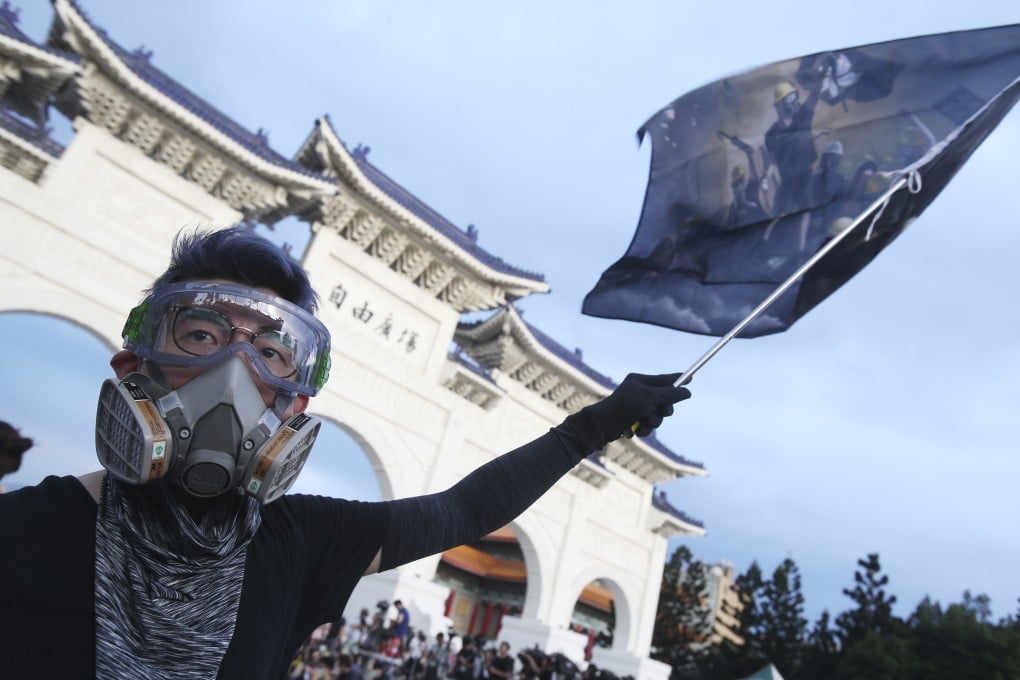National security law: Taipei says Hong Kong police powers under legislation ‘create fear’ on self-ruled island
- New rules allowing officers to demand information from political groups in Taiwan and elsewhere slammed by Taipei
- Its Mainland Affairs Council says legislation will sabotage Taiwan’s relations with city

As some Taiwan and overseas political groups made clear they would snub any attempts from Hong Kong police to get them to provide details about organisations operating in the city, legal experts said it was unrealistic the force would be able to extend its reach and enforce such demands in other parts of the world.

02:22
Restaurant in Taiwan offers solace to Hong Kong protester seeking sanctuary
The self-ruled island’s Mainland Affairs Council on Tuesday slammed the Hong Kong government over the implementation rules it introduced under the national security legislation, which Beijing imposed on the city on June 30 targeting acts of secession, subversion, terrorism and collusion with foreign forces to endanger national security.
The regulations grant Hong Kong police sweeping powers and allows the city’s security chief to order political groups in Taiwan and elsewhere to provide information on the activities, personal details, assets, income and spending of an organisation in Hong Kong “in a prescribed manner within the specified period”.
Failure to comply could result in a HK$100,000 (US$12,900) fine and six months in jail. It is also an offence to give false, inaccurate or incomplete information, which itself carries a HK$100,000 fine and a two-year prison sentence.
This is tantamount to a dictatorial regime’s unlimited expansion of its rights to censor even the thoughts of [our people]